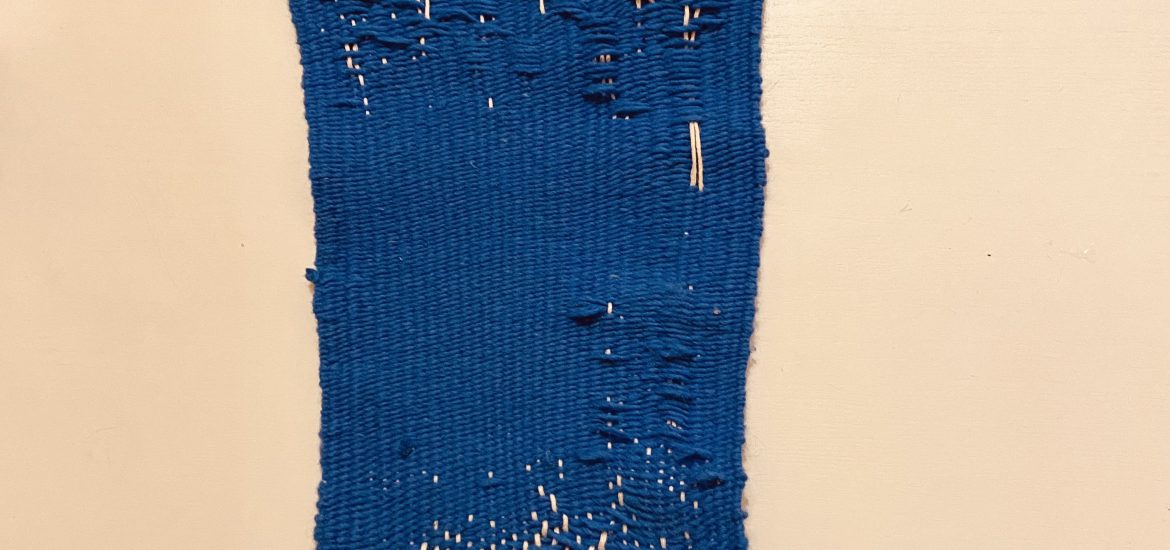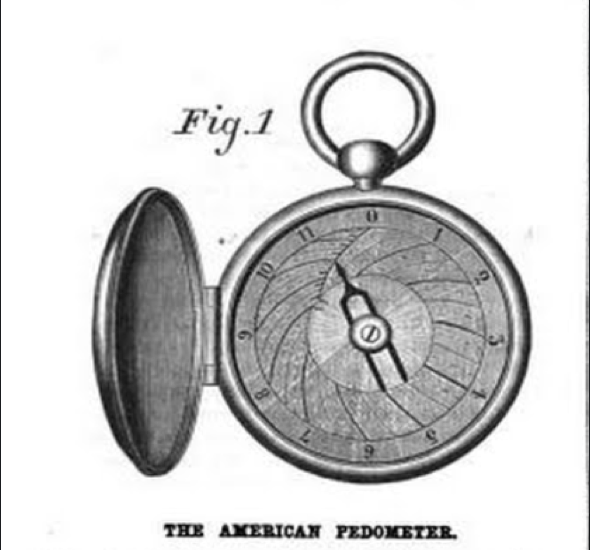I’ve been trying to articulate what I plan to work on in the next several years. This is a tentative effort to mark down whats been swirling and to think about the threads that tie a few seemingly disparate efforts together. All of this is subject to upheaval, reworking, revision, or dissolution. In general, I work on the media we use to count dead people, as well as the how, […]
Author: admin
Trace: Imagining COVID on campus
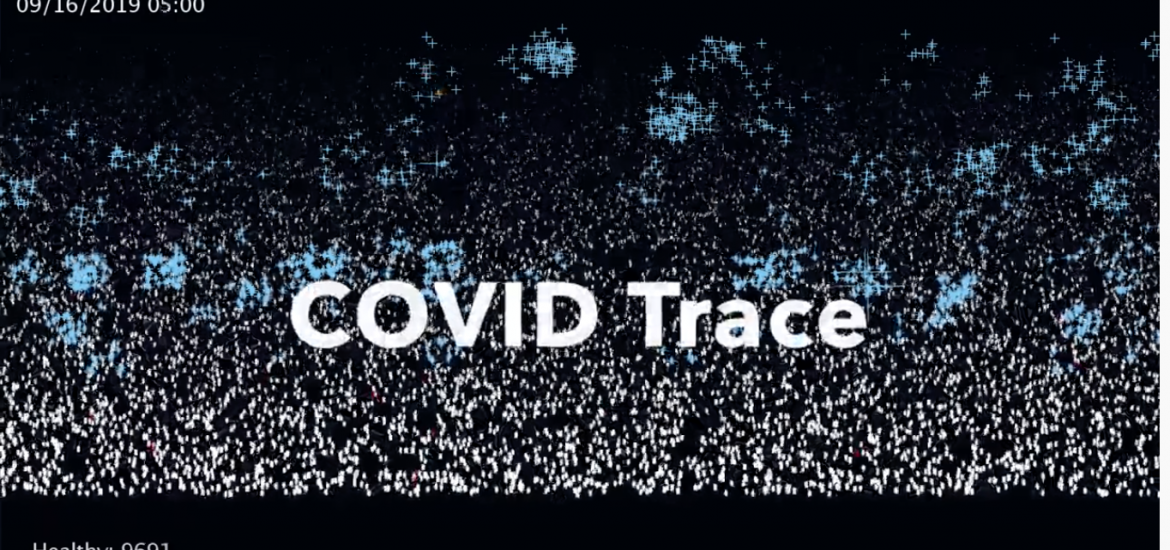
The Trace Project is a collaborative, exploratory, creative data visualization/materialization project created by Nikki Stevens, Christiana Rose, and Jacque Wernimont. Jointly supported by Dartmouth’s Neukom Institute and the Digital Humanities and Social Engagement Cluster, Trace was initially conceived as an opportunity to understand more about three dimensional data representation. With the outbreak of the COVID pandemic, we’ve had to adjust our original work plan and have been working on developing […]
The company that “Counter Trace” keeps
For UCSC’s Uses and Abuses of Data in Higher Ed Eugenia Zuroski on Where Do You Know From? https://maifeminism.com/where-do-you-know-from-an-exercise-in-placing-ourselves-together-in-the-classroom/ (in convo with Katherine McKittrick and Minelle Mahtani) Dartmouth Provost’s report on faculty diversity 2017 https://www.dartmouth.edu/provost/faculty_development_diversity/2017annualreportonfacultydiversity.pdf On generalizability rather than universality, Max Liboiron https://www.dukeupress.edu/pollution-is-colonialism Ronnie Casella in Wall, T. et al. “Schools Under Surveillance: Cultures of Control in Public Education.” (2009). Michel de Certeau Practices of the Everyday. University of California […]
Visualizing Energy Data or Visceralizing Energy Transitions
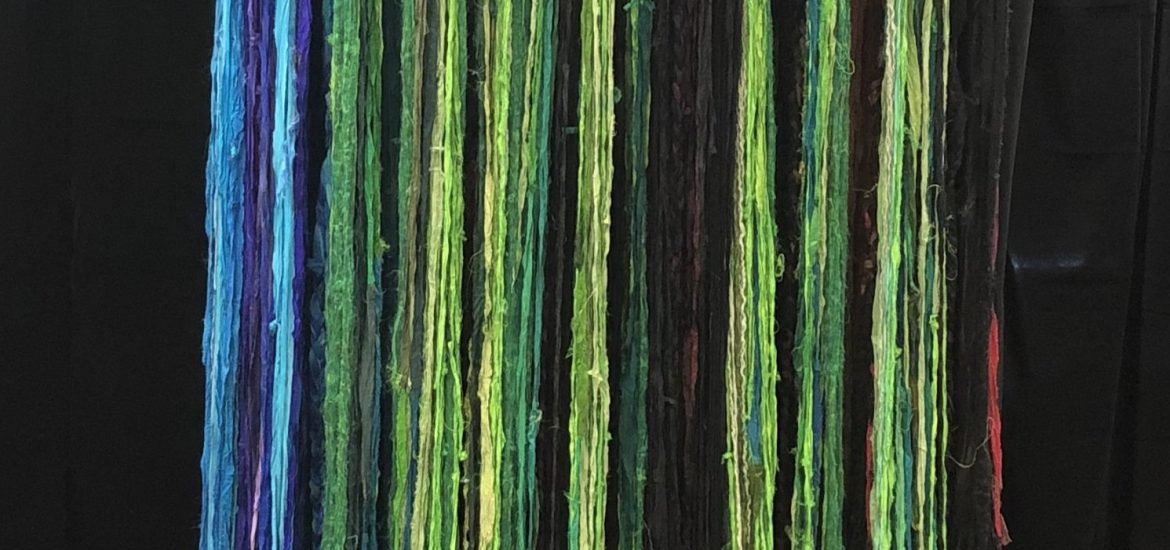
I’m stealing a moment from my weekend to put up a few in progress images and a short intro to a collaborative project that I’m really excited about. Titled “Energy Pools,” this piece was first conceived in late 2019 with Nikki Stevens. Imagining and prototyping began in earnest in January of 2020 and included Dartmouth undergraduate Caroline Casey. Then, as with so much research and work in 2020…Covid-19 transformed everything. […]
What to Expect in the DHSE Search
Dartmouth College invites applications for an open rank tenure-track position in Digital Humanities and Social Engagement (DHSE) and I’m super excited to welcome new colleagues to this amazing initiative.
WoundPerson
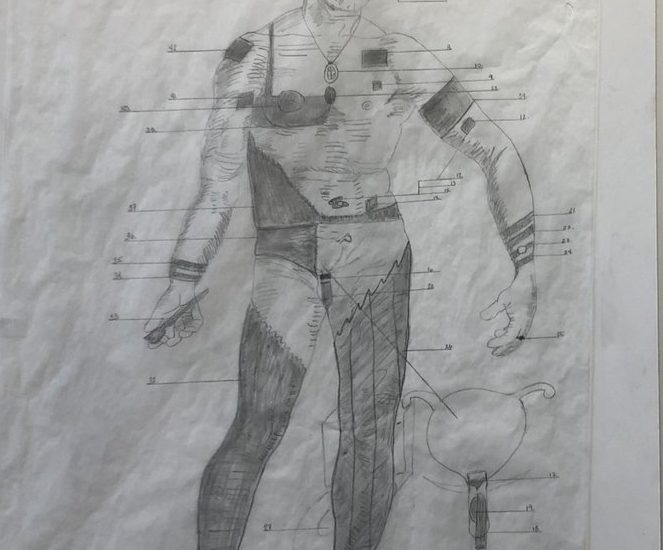
This is a project to help you visualize how much & what kind of data you are sharing when you use a wearable and/or implantable device. While self-tracking can be/can seem benign, the third-party collection and sharing of gathered data puts you at risk once data leaves your control. This is the first public iteration for WoundPerson and we would love your thoughts and reactions. Email: send your thought to us […]
Center for Solutions to Online Violence
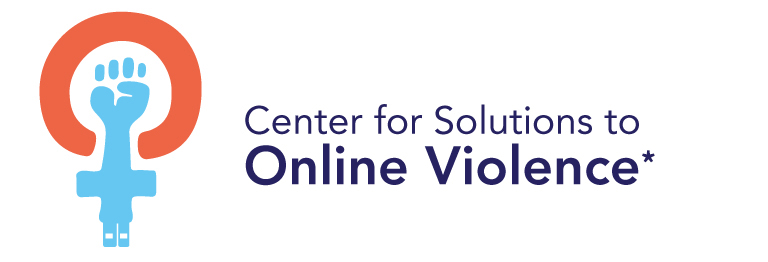
According to a recent Pew Study, 1 in 4 women have experienced online stalking or sexual harassment. Labeled as “social justice warriors,” prominent journalists, media makers, and bloggers have been harassed and threatened for writing about economic inequality, education, and racism in popular culture. The culture of fear that is being created impacts not just professionals, but more perniciously, young women and men who are developing their habits and protocols […]
Park Central Mall

The site of Phoenix’s first shopping mall, Park Central Mall is undergoing renovations to revitalize and return the property to its stature as a hub for community gathering. During the preparations for renovations 20 volumes of clippings were found in the mall basement, some from as early as the 1950s ground breaking of the mall. These are the basis of a new Nexus Co-operative project to preserve and share the stories of […]
Border Quants

Border Quants is a collective of artists and scholars conducting research related to digital human rights, personal data protection, and decolonial approaches to data use. The collaborating artists and scholars include Jessica Rajko (ASU), Marisa Elena Duarte (ASU), Jacqueline Wernimont (ASU), Patricia Garcia (Michigan), Heather Ross (ASU), and Marika Cifor (Bowdin). Our motivating questions include: What is the long history of uses of data with regard to cycles of oppression and discrimination? […]
